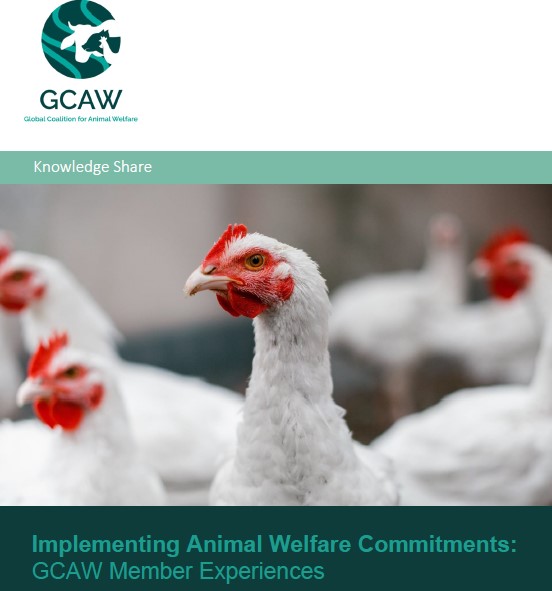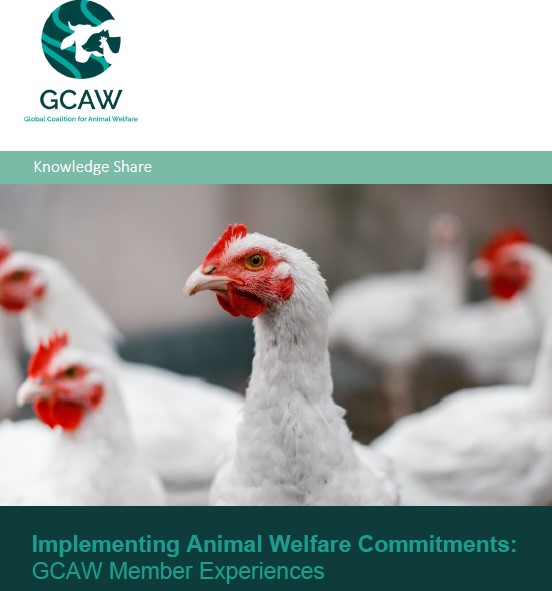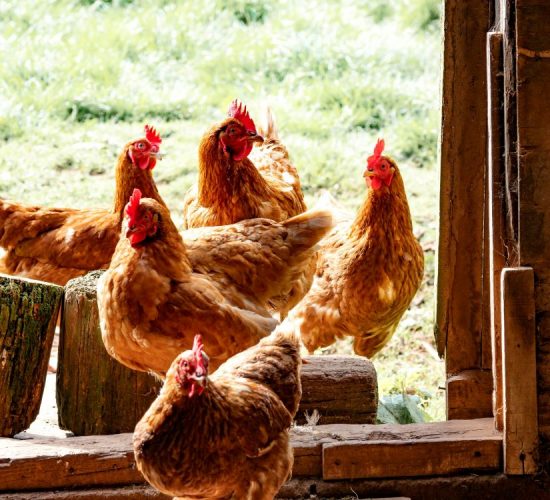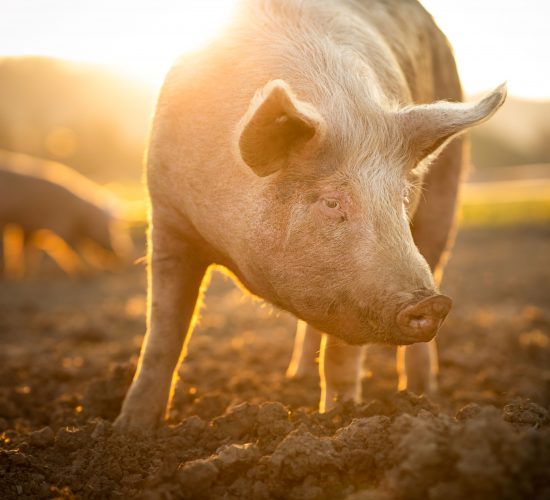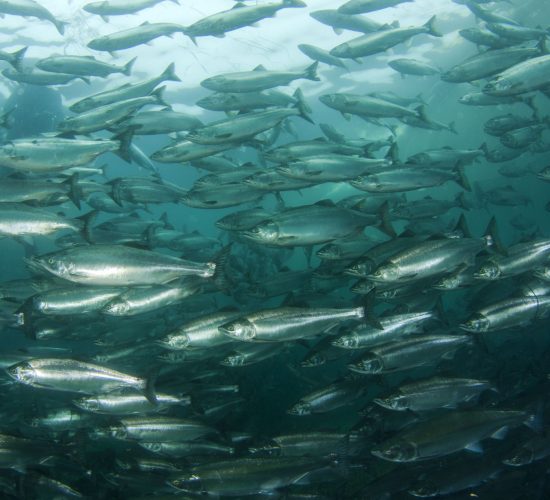Company commitments can be powerful drivers for transitioning livestock production to higher welfare systems. Implementing these commitments, however, requires an adaptive approach to overcome myriad challenges. These challenges are both external, including access to supply, regulatory conditions, traceability, and limited purchasing influence, and internal, such as poor integration of animal welfare into internal management systems and processes, competing priorities or limited knowledge.
This is why members of the Global Coalition for Animal Welfare, some of the world’s largest food companies, are sharing their experiences of how they are implementing animal welfare commitments through a new publication, Implementing Animal Welfare Commitments: GCAW Member Experiences. Its aim is to provide insight to help other companies unlock progress where obstacles are being encountered.
In compiling this resource, we noted common challenges and similarities in approaches which have been successful in overcoming barriers to progress. Collectively, these lent themselves to the creation of a seven-step Best Practice Framework. Detailed within the same publication, this framework may be adopted and adapted by others as an effective approach to improving animal welfare in their own supply chains.
Dr Nathan Rhys Williams, GCAW Secretariat, says, “We are grateful to the GCAW members that contributed to the creation of this new publication by sharing their experiences: Aramark, Compass Group, Ikea Food, Maple Leaf Foods, Sodexo, Starbucks, Tyson Foods and Unilever.
“We expect that the challenges these companies have faced in working towards meeting their commitments on animal welfare will resonate with many more organisations across the global food industry. Our hope is that others will benefit from the experiences and learnings they have shared in this new GCAW resource, and that it will act as marker of current best practice.
“Of course, the more global the supply chain, the more complexities there are to consider. Greater effort is needed to gain alignment across multiple geographies and put in place the required data collection and reporting systems. Working pre-competitively in multi-stakeholder industry collaborations can be an effective route to resolving such systemic issues. GCAW is interested in hearing from potential new member companies who could contribute to its work.”

